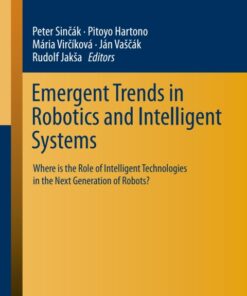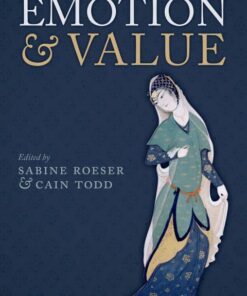Learning Predictive Analytics with R 1st Edition Ebook (miebook.shop)
$25.00
Eric Mayor
Learning Predictive Analytics with RGet to grips with key data visualization and predictive analytic skills using R
About This Book
‘ Acquire predictive analytic skills using various tools of R
‘ Make predictions about future events by discovering valuable information from data using R
‘ Comprehensible guidelines that focus on predictive model design with real-world data
Who This Book Is For
If you are a statistician, chief information officer, data scientist, ML engineer, ML practitioner, quantitative analyst, and student of machine learning, this is the book for you. You should have basic knowledge of the use of R. Readers without previous experience of programming in R will also be able to use the tools in the book.
What You Will Learn
‘ Customize R by installing and loading new packages
‘ Explore the structure of data using clustering algorithms
‘ Turn unstructured text into ordered data, and acquire knowledge from the data
‘ Classify your observations using Na’ve Bayes, k-NN, and decision trees
‘ Reduce the dimensionality of your data using principal component analysis
‘ Discover association rules using Apriori
‘ Understand how statistical distributions can help retrieve information from data using correlations, linear regression, and multilevel regression
‘ Use PMML to deploy the models generated in R
In Detail
R is statistical software that is used for data analysis. There are two main types of learning from data: unsupervised learning, where the structure of data is extracted automatically; and supervised learning, where a labeled part of the data is used to learn the relationship or scores in a target attribute. As important information is often hidden in a lot of data, R helps to extract that information with its many standard and cutting-edge statistical functions.
This book is packed with easy-to-follow guidelines that explain the workings of the many key data mining tools of R, which are used to discover knowledge from your data.
You will learn how to perform key predictive analytics tasks using R, such as train and test predictive models for classification and regression tasks, score new data sets and so on. All chapters will guide you in acquiring the skills in a practical way. Most chapters also include a theoretical introduction that will sharpen your understanding of the subject matter and invite you to go further.
The book familiarizes you with the most common data mining tools of R, such as k-means, hierarchical regression, linear regression, association rules, principal component analysis, multilevel modeling, k-NN, Na’ve Bayes, decision trees, and text mining. It also provides a description of visualization techniques using the basic visualization tools of R as well as lattice for visualizing patterns in data organized in groups. This book is invaluable for anyone fascinated by the data mining opportunities offered by GNU R and its packages.
Style and approach
This is a practical book, which analyzes compelling data about life, health, and death with the help of tutorials. It offers you a useful way of interpreting the data that’s specific to this book, but that can also be applied to any other data. ISBN: 9781782169352, 1782169350











